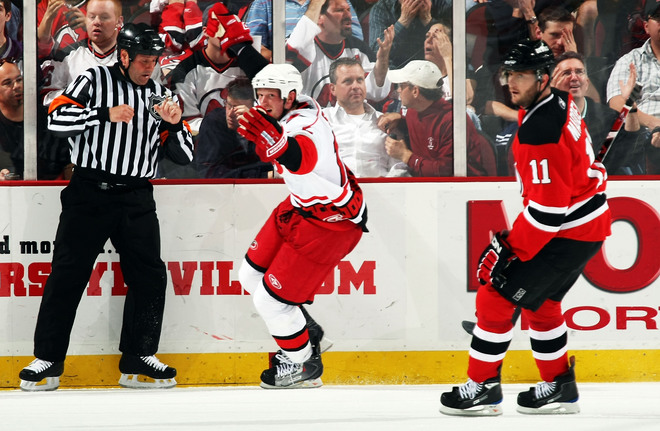During the protracted Gregory Polanco Saga, I’ve wondered a bit whether or not the Pirates would try to sign him to an Evan Longoria style contract at or before the time of his big league debut in order to stablize the service time and Super Two concerns. Jeff Passan reported last night that the Pirates apparently tried to do just that during spring training, offering Polanco a seven-year/$25 million deal with three team options that, according to Jon Heyman, would more than double the value of the deal.
If you want a point of reference, 2015 will be Andrew McCutchen’s seventh year in the league and he’ll have made about $23 million when that year is over. His two guaranteed years after next year and the team option will add between $27 million and ~$42 million on top of that for his 9-10 years with the Pirates. I think the Pirates pretty clearly structured their offer to Polanco around what they pay McCutchen; ‘Cutch will be a Pirate for ten years if they exercise the option and his team years will be from his age-22 season to his age-31 season. Polanco is 22 this year.
If you use just that contract as a comparison point, what’s being reported seems like a fairish offer to a player that hasn’t stepped onto the field yet. The sticking point is likely in two places: one is that Andrew McCutchen’s contract is based on his play from 2000-2011, when he was a 3-5 win player, and he’s now a 6-7 win player. That means that ‘Cutch is almost hilariously underpaid. A basic analogy would be that he’s a perennial MVP candidate and he’s being paid like a solid All-Star. Baseball’s salary structure means that signing an early deal as a player to get some guaranteed money carries risks and players know that (and McCutchen will make almost $60 million from the Pirates and still have time left to sign a deal worth $100+ million as a free agent if everything breaks right for him), but obviously McCutchen’s contract and potential career earnings would look much different if he’d even waited just one year to sign his extension. Given that and given the way baseball salaries have taken off in the last couple of years, it’d be understandable why Polanco would be loath to commit to the same amount of money through seven years that McCutchen’s made.
The other sticking point is probably all of the team options, which, though they carry a lot of money, give a lot of power to the Pirates. In other words, the Pirates are offering to pay burgeoning star from 2014-2020 the same way that they’re paying a current star from 2009-2015, despite changes in the market realities, and then they want all of the control for three years after that point. Phrasing it like that makes it sound like the Pirates made a bad offer to Polanco here and that’s obviously not the case. They’re assuming a ton of risk by offering that sort of guaranteed money to a guy that’s never stepped on the field, particularly since Polanco’s build means that he could be an entirely different player five years down the road from the one he is today. That’s not a dig: it’s just that his size makes it difficult to imagine that his speed will hold up and that his power will need to keep developing if he loses some of his speed/defensive value as a result — clearly that’s something that’s well within the realm of possibility here given how his power has developed in the last two years.
As I wrote when the Starling Marte discussions were publicized, obviously this is a difficult road for both sides to walk. I’m encouraged that the Pirates are thinking extension here, and so maybe Polanco’s debut isn’t quite as far away as we thought it was yesterday morning.
Image: Steve Snodgrass, Flickr
Add The Sports Daily to your Google News Feed!
